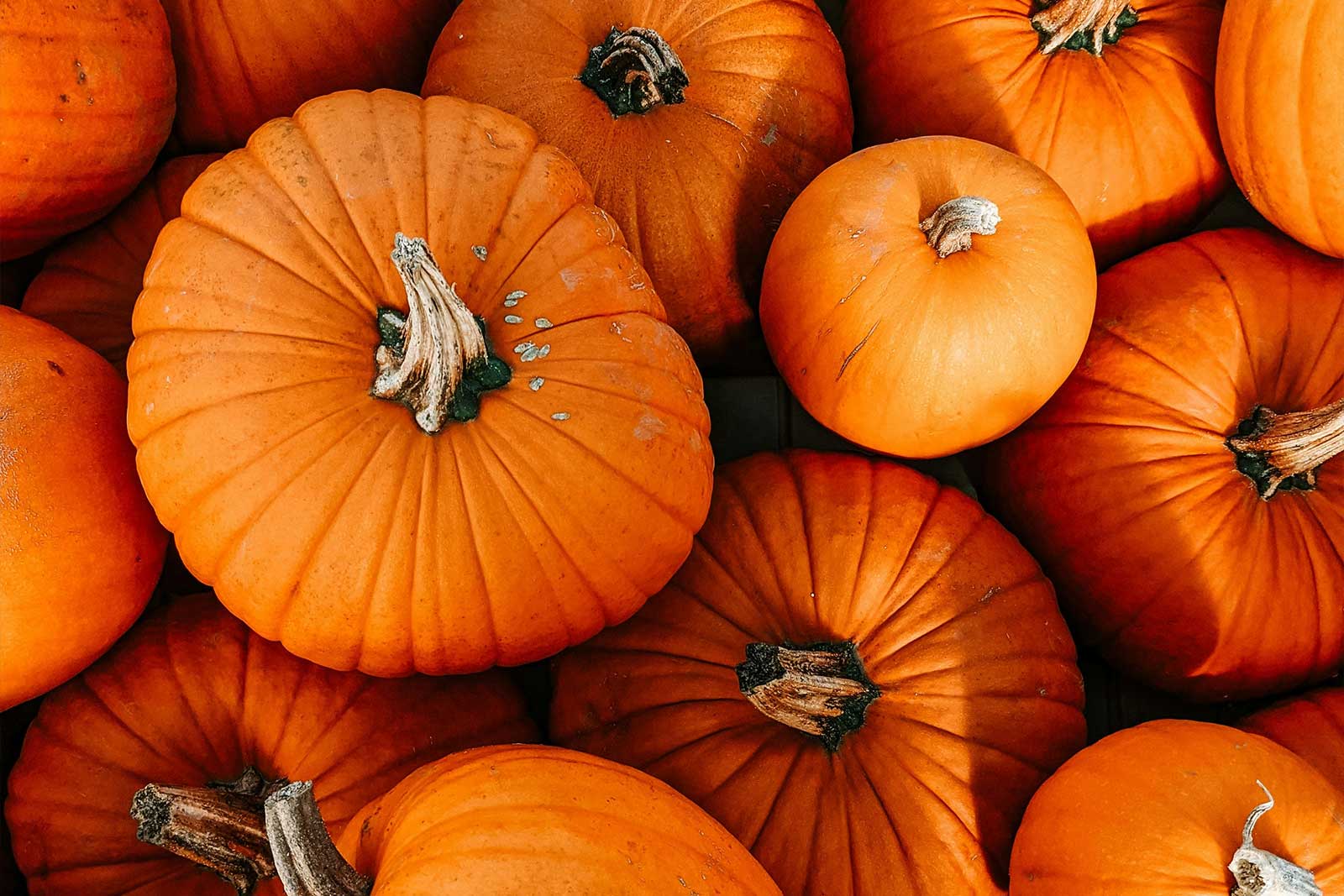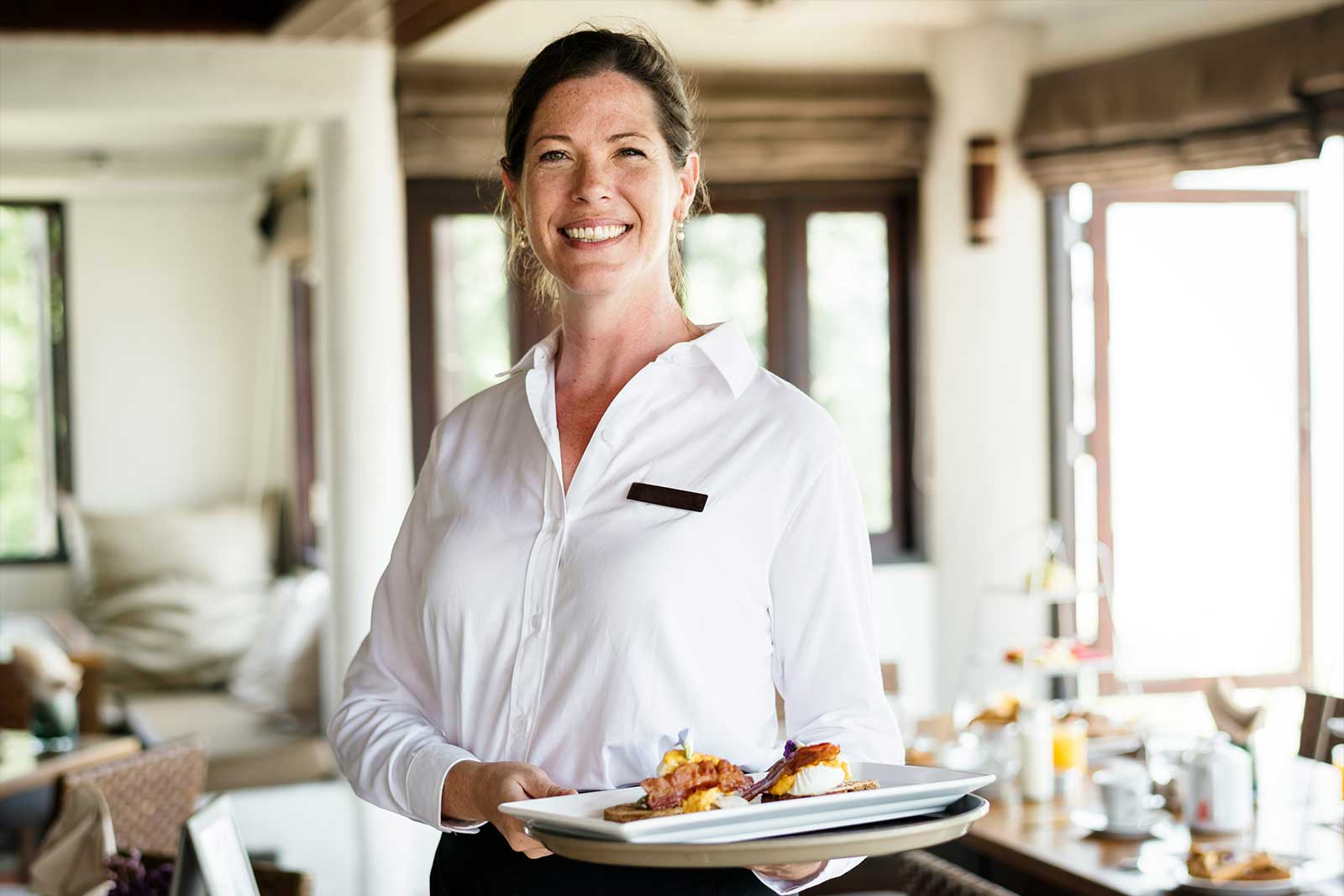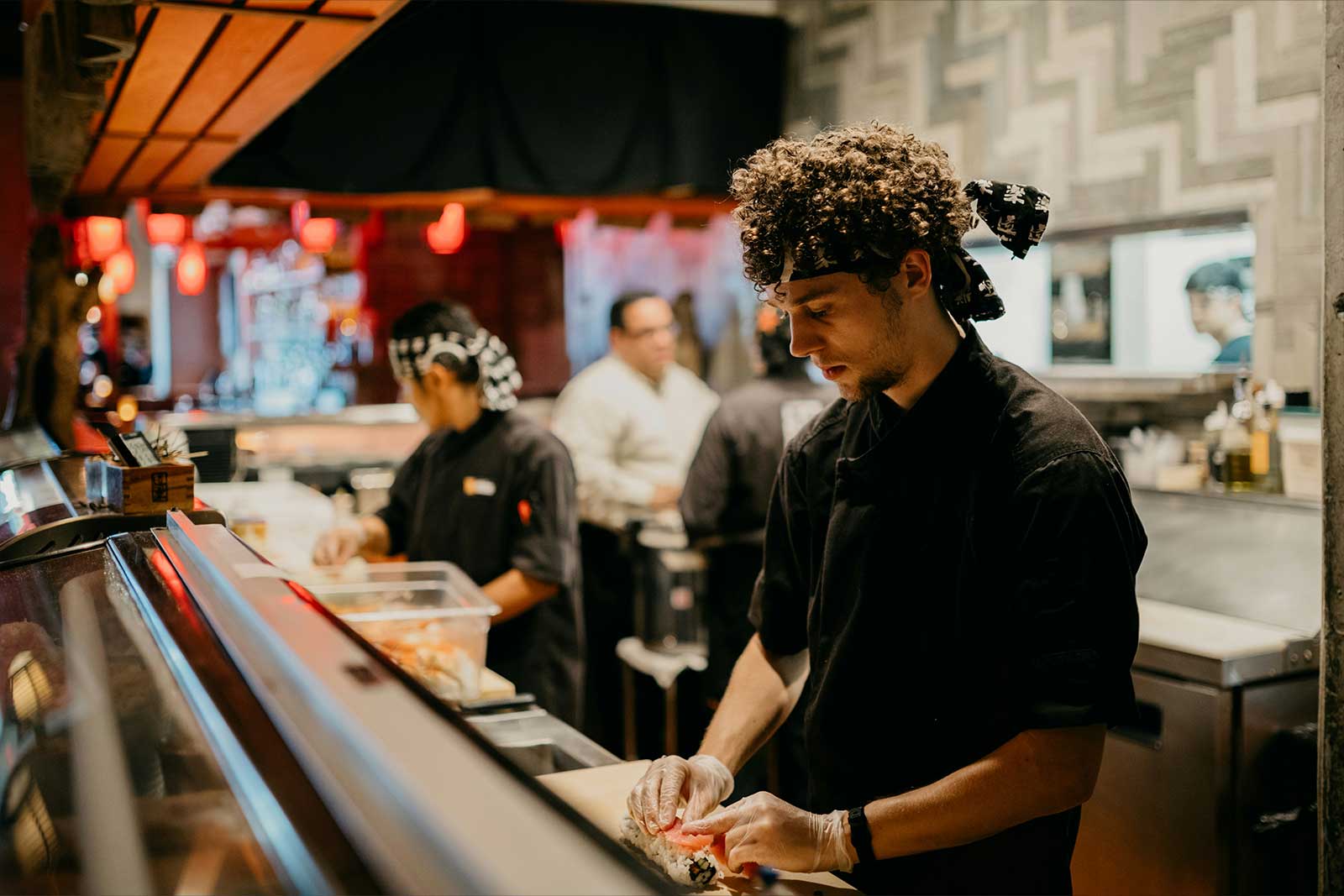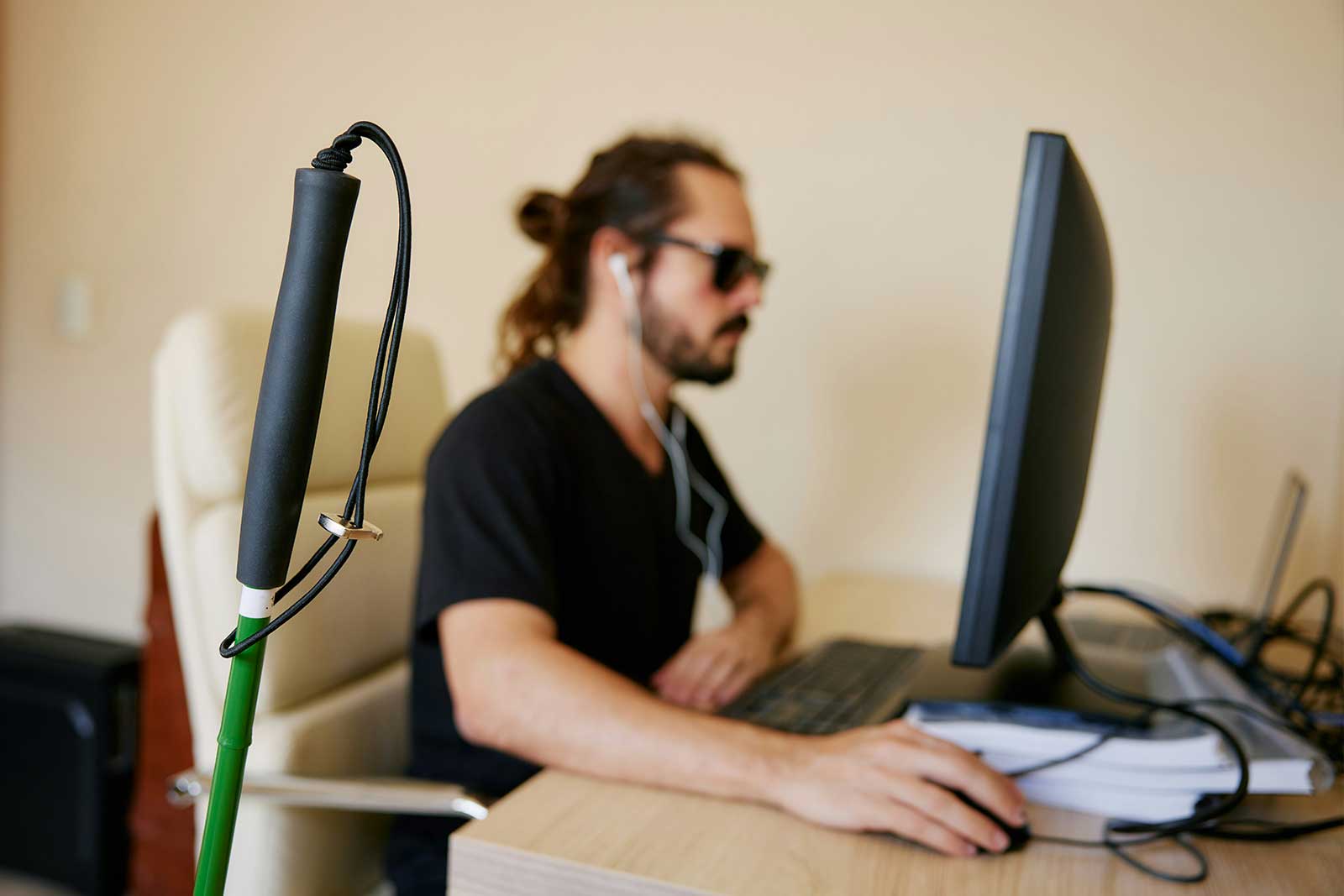Webseiten für saisonale Veranstaltungen richtig einsetzen
Eine Webseite ist das ideale Werkzeug, um saisonale Veranstaltungen wie Festivals oder Märkte professionell zu präsentieren. Doch worauf sollten Sie achten, um Besucher optimal zu informieren und den Aufwand gering zu halten?
Für welche Veranstaltungen lohnt sich eine Webseite?
Ob gross oder klein – fast jede Veranstaltung kann von einer Webseite profitieren. Es geht dabei weniger um die Grösse des Events als vielmehr um die Art der Information, die Besucher erwarten. Hier ein paar Beispiele, wo eine Webseite besonders sinnvoll sein kann:
- Musikfestivals: Diese Art von Event benötigt oft detaillierte Programme, Ticketverkaufsmöglichkeiten und Infos zu mehreren Stages oder Künstlern. Eine Webseite bietet hier den zentralen Anlaufpunkt.
- Verkauf von saisonalen Produkten: Denken Sie an Veranstaltungen wie Kürbisverkäufe, Weihnachtsbaumverkäufe oder lokale Bauernmärkte. Eine Webseite kann aufzeigen, wann und wo die Produkte erhältlich sind, und eventuell sogar eine Vorbestellung ermöglichen.
- Pop-up-Stores oder Sommerbars: Solche temporären Locations brauchen eine Plattform, um sich bekannt zu machen, aktuelle Angebote zu teilen und Besucher über die Öffnungszeiten oder Aktionen zu informieren.
- Sportveranstaltungen: Bei einem Sportevent, sei es ein Marathon oder ein Fussballturnier, gibt es oft wichtige Details zu Anmeldefristen, Startzeiten und Streckenplänen. All das lässt sich auf einer Webseite übersichtlich darstellen.
- Lokale Märkte oder Flohmärkte: Gerade bei Veranstaltungen, bei denen viele verschiedene Verkäufer teilnehmen, können Sie auf einer Webseite den Überblick behalten, wer teilnimmt und was angeboten wird.
Eine Webseite macht es also viel leichter, Ihre Veranstaltung einem breiten Publikum zugänglich zu machen, alle wichtigen Infos zu teilen und einen professionellen Auftritt hinzulegen.

Was sollte eine Event-Webseite bieten und was wird benötigt?
Wenn Sie eine Webseite für Ihre Veranstaltung erstellen, gibt es ein paar Dinge, die unbedingt berücksichtigt werden sollten. Diese Elemente sorgen dafür, dass Ihre Besucher sich leicht zurechtfinden und die Informationen erhalten, die sie brauchen:
- Domain: Eine leicht merkbare, kurze Domain, die Ihr Event klar identifiziert, ist das Erste, was Sie brauchen. Das schafft Wiedererkennungswert.
- Ticketverkauf: Falls Tickets benötigt werden, ist ein einfacher und reibungsloser Ticketkauf direkt über die Webseite ideal.
- Programmübersicht: Zeigen Sie den Besuchern das geplante Programm oder eine Übersicht der wichtigsten Programmpunkte, damit sie wissen, was sie erwartet.
- Infos zur Anfahrt: Klare Angaben zur Anreise – ob per Auto, ÖV oder Fahrrad – sowie Informationen zu Parkmöglichkeiten sind unverzichtbar.
- FAQ: Häufige Fragen wie „Gibt es vor Ort Verpflegung?“ oder „Welche Zahlungsmethoden werden akzeptiert?“ lassen sich leicht in einem FAQ-Bereich beantworten und sparen Ihnen Zeit für Rückfragen.
- Fotos oder Videos: Visuelles Material wie Bilder von Vorjahresevents oder kurze Teaser-Videos helfen, die Vorfreude zu wecken und Aufmerksamkeit zu generieren.
- Kontaktmöglichkeiten: Stellen Sie sicher, dass Besucher einfach Kontakt aufnehmen können, falls doch noch Fragen offenbleiben.
- Liveticker oder News: Wenn es Änderungen im Programm gibt oder wichtige Neuigkeiten, kann ein Liveticker oder News-Bereich auf der Webseite alle auf dem Laufenden halten.
Diese Komponenten machen Ihre Webseite nicht nur informativ, sondern auch benutzerfreundlich. Je besser die Besucher informiert sind, desto weniger Rückfragen und Missverständnisse gibt es.
Marketing und Kommunikation rund um das Event
Eine Webseite ist der zentrale Anlaufpunkt für Ihr Event, doch sie funktioniert am besten in Kombination mit einer durchdachten Marketingstrategie. Hier kommen Social-Media-Plattformen ins Spiel. Mit Instagram, Facebook oder TikTok lassen sich regelmässige Updates posten, die direkt zur Webseite führen.
Flyer, Banner und andere Offline-Marketingtools können ebenfalls einen Hinweis auf die Webseite enthalten, um den Zugang zu allen Informationen zu erleichtern.
Falls Sie Unterstützung bei der Erstellung einer professionellen Webseite oder bei der Planung Ihrer Marketingmassnahmen benötigen, steht Ihnen Namo gerne zur Verfügung.



























